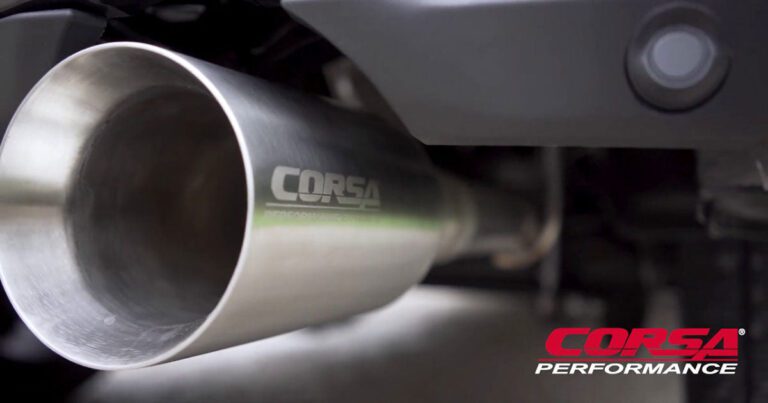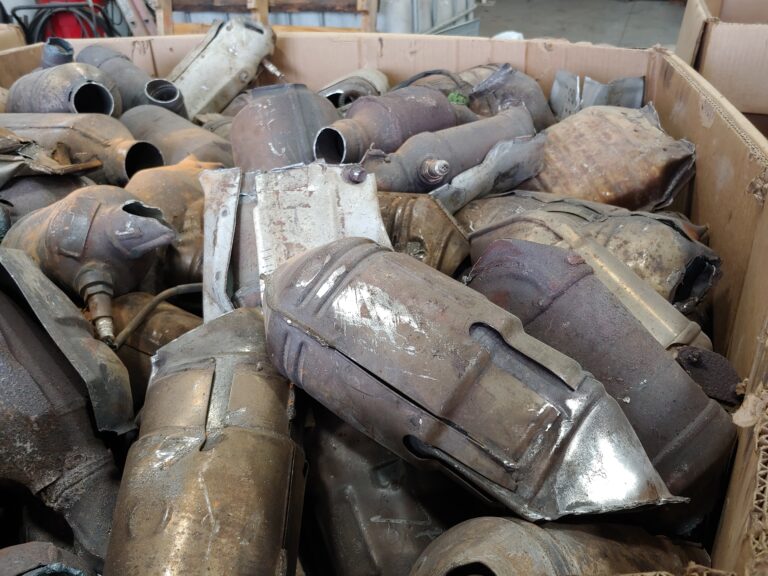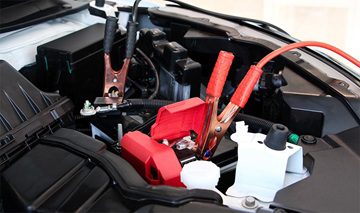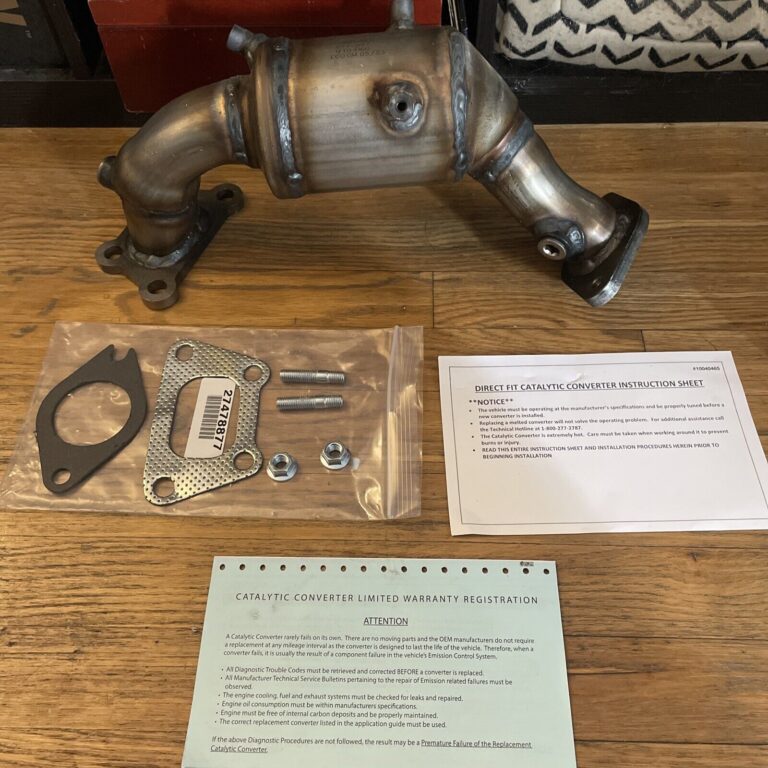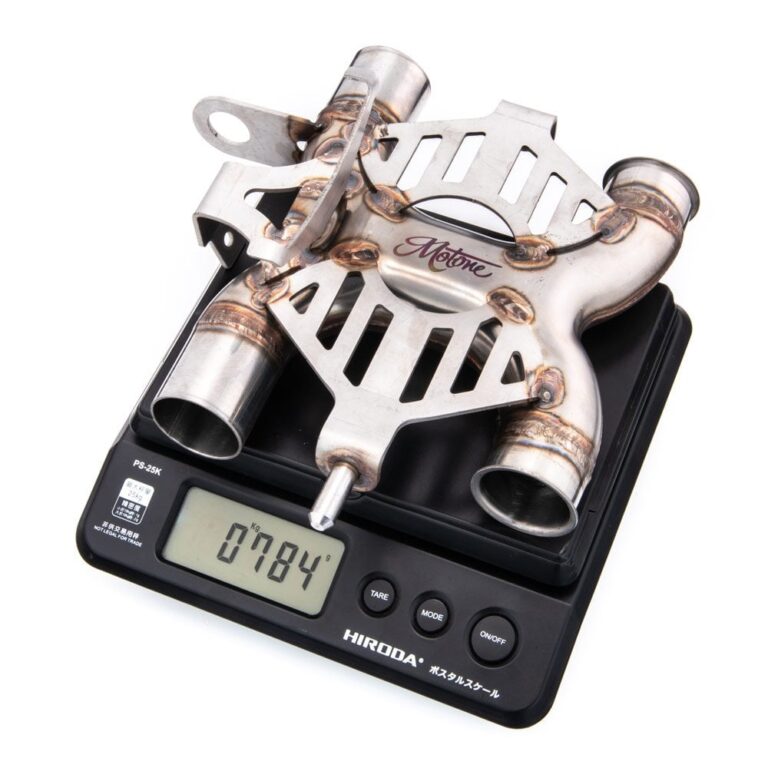Why Does My Car Sound So Loud When I Accelerate? Discover the Hidden Reasons.
The loud sound when accelerating in your car may indicate a problem with the exhaust system or a malfunctioning muffler. Is your car making a deafening noise when you step on the gas pedal?
If so, you may be wondering why it sounds so loud when you accelerate. This noise could be a sign of an issue with your car’s exhaust system or a faulty muffler. It’s important to address this problem promptly to prevent further damage to your vehicle.
We will explore some common reasons why your car may be producing a loud noise when you accelerate, and offer potential solutions to resolve the issue. Whether you’re a car enthusiast or a regular driver, understanding the cause of this problem will help you make the appropriate repairs and enjoy a quieter driving experience. Stay tuned to discover the answers you’ve been seeking.
The Science Behind Car Engine Noises
Understanding how the engine works and what creates noise is essential to figuring out why your car may sound so loud when accelerating. Several factors contribute to these loud noises:
| 1. Engine Revolutions Per Minute (RPM) | The engine’s RPM increases when you accelerate, causing the pistons to fire faster. This increased combustion generates more engine noise. |
| 2. Exhaust System | A faulty or damaged exhaust system can result in louder-than-usual engine noises. Leaks, cracks, or loose parts can disrupt the smooth flow of exhaust gases and lead to excessive noise. |
| 3. Air Intake System | A clogged or dirty air filter can restrict airflow to the engine, causing it to work harder and produce more noise. Additionally, problems with the air intake system, such as leaks or obstructions, can contribute to loud engine sounds. |
| 4. Vibrations and Misaligned Parts | Worn-out or misaligned engine components, such as belts, pulleys, or motor mounts, can cause vibrations and produce unusual noises when accelerating. |
By understanding these factors, you can better diagnose the source of the loud engine noise when accelerating your car and take appropriate measures to address the issue.
Identifying Common Culprits For Loud Car Noises
When you notice your car sounding louder than usual when you accelerate, there are a few potential culprits to consider. Start by inspecting your exhaust system. Look for any visible signs of damage, such as rusted or detached components. A malfunctioning muffler or catalytic converter can also cause loud noises.
Next, examine your air intake system. Check for any clogs or obstructions in the air filter or intake pipe. A dirty or damaged filter can disrupt the airflow and contribute to increased engine noise.
Lastly, diagnose any potential issues with the belts and pulleys. A loose or worn-out belt can create squeaking or whining sounds when the engine is under load. Inspect the belts for signs of cracks or fraying, and ensure they are properly tensioned.
By inspecting the exhaust system, examining the air intake system, and diagnosing issues with belts and pulleys, you can identify the common culprits for loud car noises when accelerating.
Hidden Causes Of Loud Engine Sounds During Acceleration
htmlIf you’re wondering why your car is producing a loud sound when you accelerate, there are a few potential causes that might be contributing to the issue. One possible culprit could be a worn-out or damaged muffler. A malfunctioning muffler can disrupt the exhaust flow and lead to louder engine noises. Another common cause is a faulty catalytic converter. This component helps reduce harmful emissions, but if it becomes damaged or clogged, it can result in louder engine sounds. Additionally, problems with the engine’s timing belt can lead to unusual noises when accelerating. A worn or misaligned timing belt can cause the engine to not run smoothly, causing increased noise levels.
Summary Of Potential Causes:
| Possible Causes |
|---|
| Worn-out or damaged muffler |
| Faulty catalytic converter |
| Problems with the engine’s timing belt |
Addressing The Issue: Maintenance And Repair Solutions
Regular maintenance is key to prevent excessive noise when accelerating in your car. Maintaining your vehicle on a regular basis can help identify and address any potential issues before they become major problems. It is crucial to follow manufacturer’s recommendations for oil changes, air filter replacements, and other routine maintenance tasks.
In addition to regular maintenance, replacing worn-out parts can also help reduce engine noise levels. Over time, parts such as the exhaust system, muffler, or catalytic converter can become damaged or worn out, leading to increased noise. By replacing these parts with high-quality, compatible replacements, you can restore the quietness of your vehicle.
If you are experiencing complex engine issues, it is important to seek professional help. Trained mechanics can diagnose the root cause of the loud noise during acceleration and recommend the necessary repairs. Ignoring these issues can lead to further damage and more costly repairs down the line.
Tips To Prevent And Minimize Loud Car Noises During Acceleration
When it comes to preventing and minimizing loud car noises during acceleration, there are a few important factors to consider. Using high-quality fuel and lubricants is crucial to ensure smooth and efficient engine performance. These substances help reduce friction and wear within the engine, resulting in quieter acceleration. Additionally, maintaining the car’s cooling system properly is essential. Overheating can lead to engine noise, so regular checks on coolant levels and proper functioning of the radiator are necessary. Another key tip is to be cautious of any unusual sounds coming from the car and address them promptly. Ignoring strange noises may lead to more serious issues down the line. By being proactive and attentive to the car’s performance, you can help prevent and minimize loud noises during acceleration, ensuring a smoother and quieter ride.
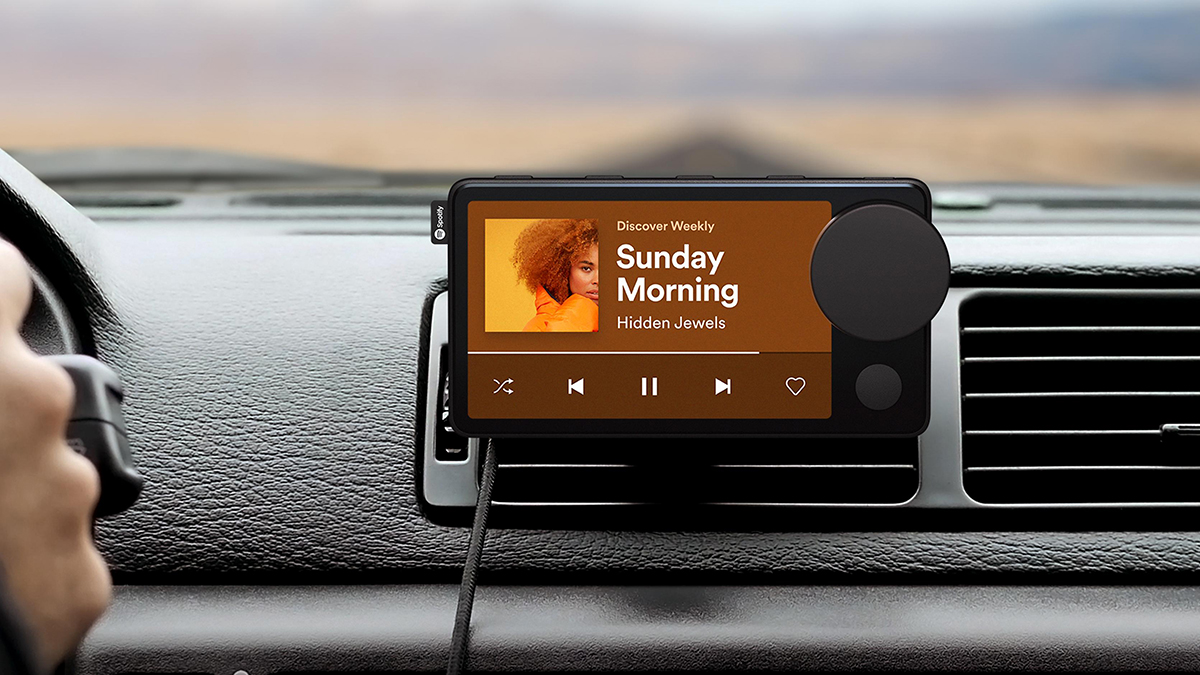
Credit: audioxpress.com
Frequently Asked Questions Of Why Does My Car Sound So Loud When I Accelerate
Why Does My Car Sound So Loud When I Accelerate?
When your car sounds loud while accelerating, it could be due to a variety of reasons. One common cause is a problem with the exhaust system, such as a hole or leak. Another possibility is an issue with the engine, such as a worn-out or damaged part.
It is recommended to have a professional inspect your car to determine the exact cause and necessary repairs.
What Causes A Loud Rattling Noise When I Accelerate?
A loud rattling noise when you accelerate could indicate a problem with the heat shield on your exhaust system. These shields are designed to reduce noise and protect other components from heat. Over time, they can become loose or corroded, causing a rattling sound.
It is advisable to have a mechanic inspect and potentially repair or replace the heat shield if necessary.
Is It Normal For My Car To Be Louder When I Hit The Gas?
While some increase in noise is normal when you hit the gas, an excessively loud noise could indicate a problem. It is important to differentiate between the usual engine noise and any unusual sounds that may indicate an issue with the exhaust system, engine, or other components.
If you are concerned about the noise level, it is advisable to have a professional mechanic assess your vehicle.
Conclusion
Understanding why your car sounds loud when you accelerate is crucial for maintaining your vehicle’s health and ensuring a smooth driving experience. By addressing common causes such as a faulty exhaust system, engine issues, or worn-out components, you can take the necessary steps to resolve the problem.
Regular maintenance, timely repairs, and professional inspections are key to preventing further damage and ensuring optimal performance. Trusting your senses and seeking expert advice is essential in keeping your car running smoothly for years to come.



